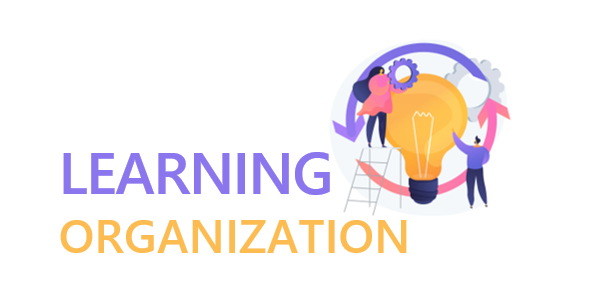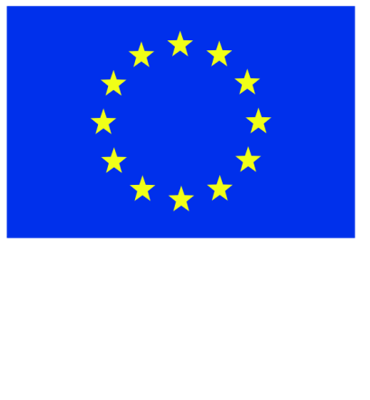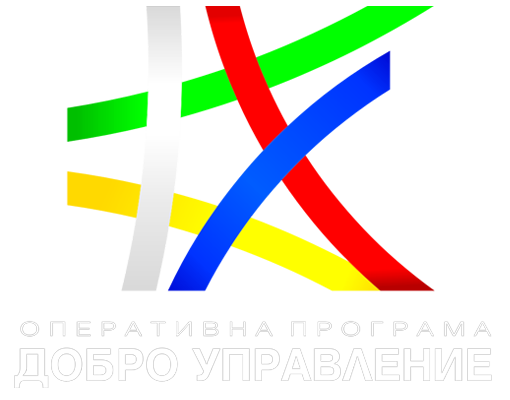
Self-assessment of administrations on "Learning Organization" indicators
Effective learning is defined by many specialists as the main factor whereof the companies’ survival and success depend on in the extremely dynamic modern world of digital technologies and the rapid development of science (Garvin, 199315; Senge, 1990). As a main reason for the organizations’ rise or vice versa - a reduction of their productivity and life, analysts specifically point out their ability of learning (Bersin, 2013). In fact, the idea of learning organizations is not new. In the early 1990s, Fortune magazine proclaimed: "Forget about the old leadership, today's most successful corporations are the so-called learning organizations', and Shell's Ari de Geus added: "companies' ability to learn faster than their competitors is their only sustainable competitive advantage." An ideologist of the new views was Peter Senge, whose work "The Fifth Discipline" has become a table book of modern business leaders (Senge, 199020). For Senge, learning organizations are not simply those that strive to develop their people by constantly sending them to trainings, but those that develop an organizational culture that stimulates thinking and learning.
People like to learn and are motivated by nature to do so, but there are also a lot of barriers to these processes. According to Harvard professor David Garvin and his colleagues (Garvin, Edmonson, & Gino, 2008), the main reason for the failure of many organizations to become learning ones lies in the fact that managers simply do not know how to achieve such a goal. Garvin believes that management needs a clear guide, specific goals, well-defined steps, and a tool for feedback, measurement, and progress evaluation. Guided by this understanding, he and his colleagues created the “Is Yours a Learning Organization” questionnaire – a tool to assist leaders in the process of transforming traditional organizations into learning ones. The methodology of Garvin, Edmondson, and Gino appeared in 2008 and is used by all types of organizations worldwide.
In accordance with the written above, in 2016, as a part of the project "Alternatives of Formal Training in the Public Administration", IPA approved the self-assessment “Is Yours a Learning Organization” questionnaire of Garvin, Edmondson and Gino. In total 900 employees from 63 central and territorial administrations in Bulgaria participated in the self-assessment, and each one of them received a report with feedback and recommendations. Based on the results, at a specially organized ceremony, IPA announced the Learning Administrations’ Rating for 2016.
Institute of Public Administration’s initiative and “Is Yours a Learning Organization” questionnaire were extremely well welcomed by the Bulgarian administrations which motivate us to continue providing the opportunity for self-assessment and to support the administrations in their efforts for organizational excellence and quality management in the future.
The table below contains the initiative’s development from 2016 to 2023:
| 2016 | 2017 | 2018 | 2021 | 2023 |
| 63 administrations | 70 administrations | 49 administrations | 81 administrations | 79 administrations |
| 900 employees | 1291 employees | 1045 employees | 2954 employees | 4373 employees |
The 2023 results show a slight decrease from previous years. Bulgarian administration still lags behind global standards for learning in the work place. However, Bulgaria retains an advantage in terms of "Time to Reflect" on organizational processes. The ability to analyze factors of influence in a "data-based" manner during each stage of said organization's work activity is key to sustainable and effective management.
The overall assessment of the learning culture of the Bulgarian administration (the global indicator of the questionnaire) is 62 points, while the benchmark of the Garvin et al. benchmark is 74 points. This means that about 75% of foreign organizations have a better learning culture than the Bulgarian administration.
Scores on two of the three main areas of the questionnaire - Leadership and Learning Environment - are also below the median values. On "Learning Environment", the Bulgarian administration optimistically scores 61 points, while the benchmark is 71 points. According to "Leadership", the result of the Bulgarian administration is 66 points, while the reference value is 76 points. On both dimensions, the difference is 10 points in favor of foreign organizations. Yet, it is good to note that administrations in general show a slightly weaker learning culture compared to business organizations.
The performance of the Bulgarian administration in the domain of "Processes" is the weakest. Her score was 60 points against a reference value of 74 points, or 14 points below the median of Garvin et al. This score corresponds to the 25th percentile. Learning processes in Bulgarian administrations are definitely an area that requires change and development.
SELF-ASSESSMENT RESULTS

 чИПА
чИПА
